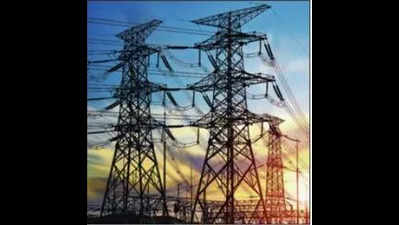As thermal units’ lifespan ends,K’taka eyes nuclear energy | Bengaluru News

Bengaluru: Focusing on expanding its electricity generation capacity over the next decade, Karnataka is looking at tapping into nuclear energy. This comes in the backdrop of the Union Budget 2025-26 proposing to add about 100 GW of nuclear energy by 2047.
Despite its strides in the renewable energy sector, Karnataka is still dependent on its thermal plants, especially in meeting the summer demand for power. While a few of these thermal units have already completed their life cycle, a few others are set to retire over the next few years. With no plans in place for new thermal plants, atomic energy seems to be on the state’s govt priority list.
A senior official in the energy department told TOI that given the ground realities, Karnataka may have to experiment with nuclear energy.
“Regardless of the service, thermal plants come with a finite life. While it is possible to enhance the capacity in the newly commissioned units, any addition of new capacity in the old plants will often pose problems. Hence, nuclear energy would be an option to consider. It may not be possible initially to convert the decommissioned thermal plants into nuclear plants owing to safety protocols, and we may have to identify one or two small places to set up reactors. Eventually, the decommissioned thermal plants can be redesigned to suit the atomic energy standards,” the official explained.
However, the state’s plan to repurpose its decommissioned thermal plants to generate nuclear power may not be feasible given the costs involved and the short lifespan of such repurposed plants.
Besides laying emphasis on harnessing atomic energy, the Union Budget has also proposed incentivising distribution reforms and augmenting intra-state transmission capacity. Karnataka’s nuclear energy ambitions come amidst its efforts to set up pumped storage projects and battery storage projects in various parts of the state.
According to officials, Karnataka’s energy consumption is seeing a sharp spike.
“Until a few years ago, the year-on-year demand for power was increasing by 4-5% but it is now galloping at 8-10%. Considering the expansion of Bengaluru, the increasing commercial and industrial activities will considerably add to the existing load. Catering to this surging demand, rapid expansion of the transmission network within the state is crucial for the functioning of electricity supply companies (Escoms). There are already multiple projects under both conventional and renewable energy resources, and incentivising the distribution reforms will benefit Escoms as the distribution network is the backbone of their operation,” another official of the energy department explained.
















